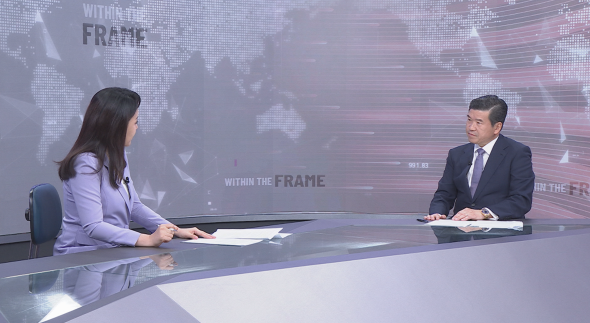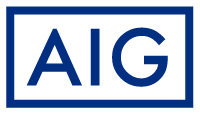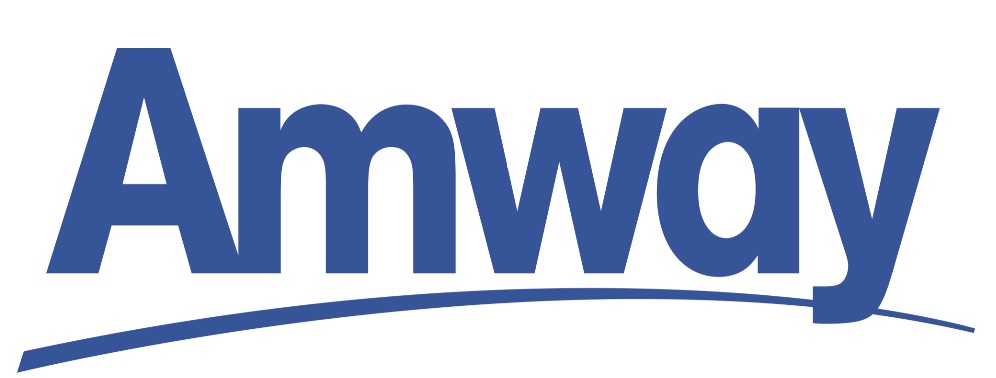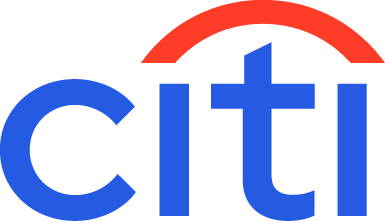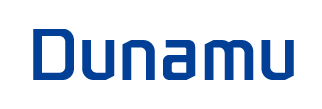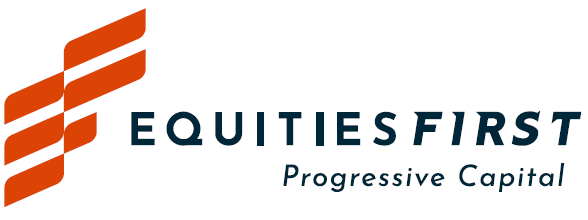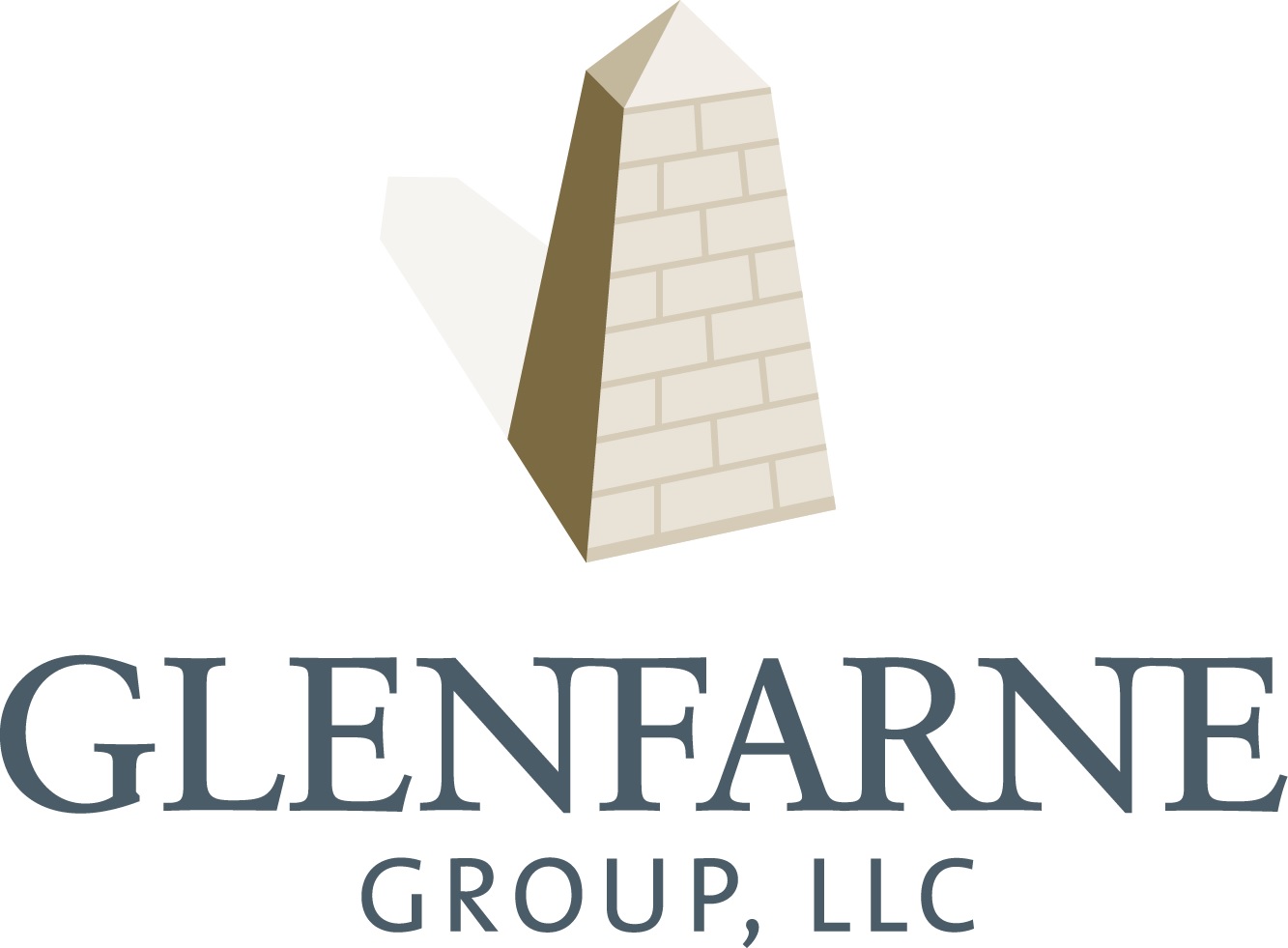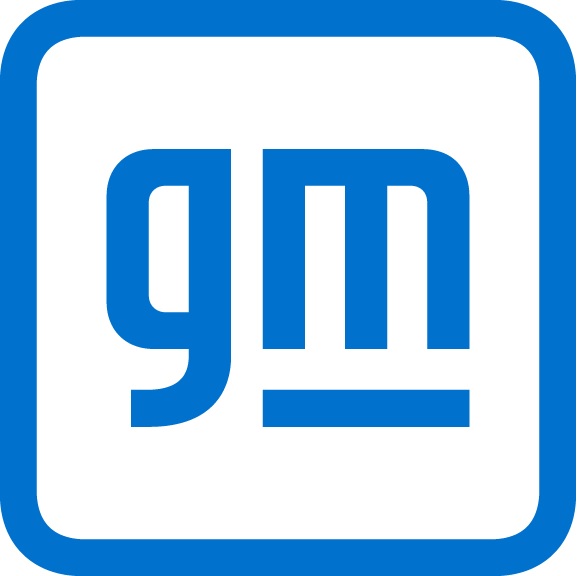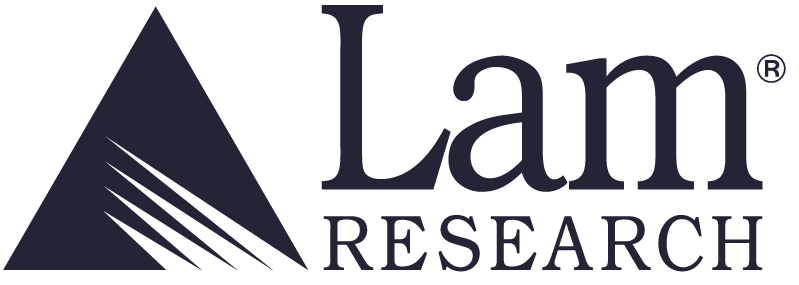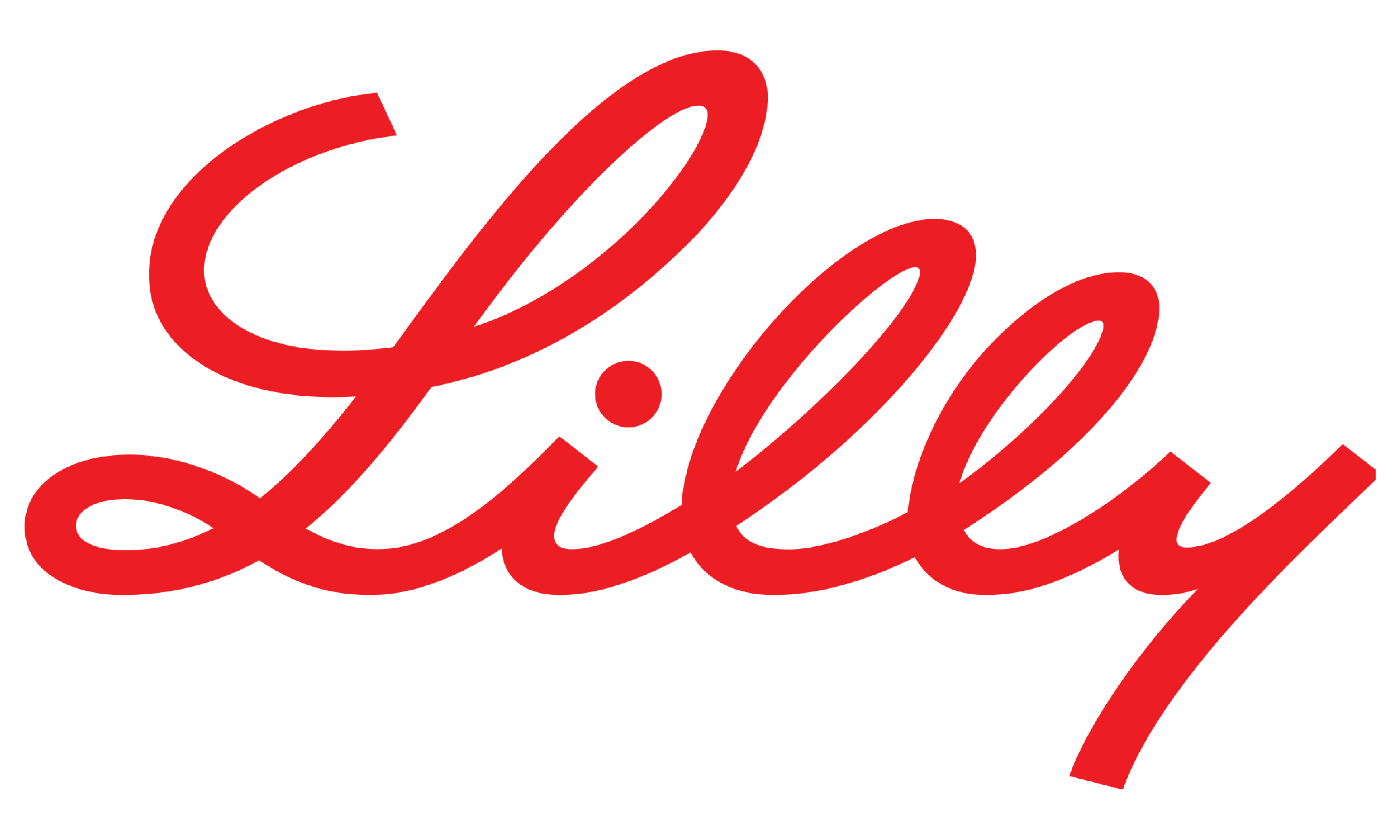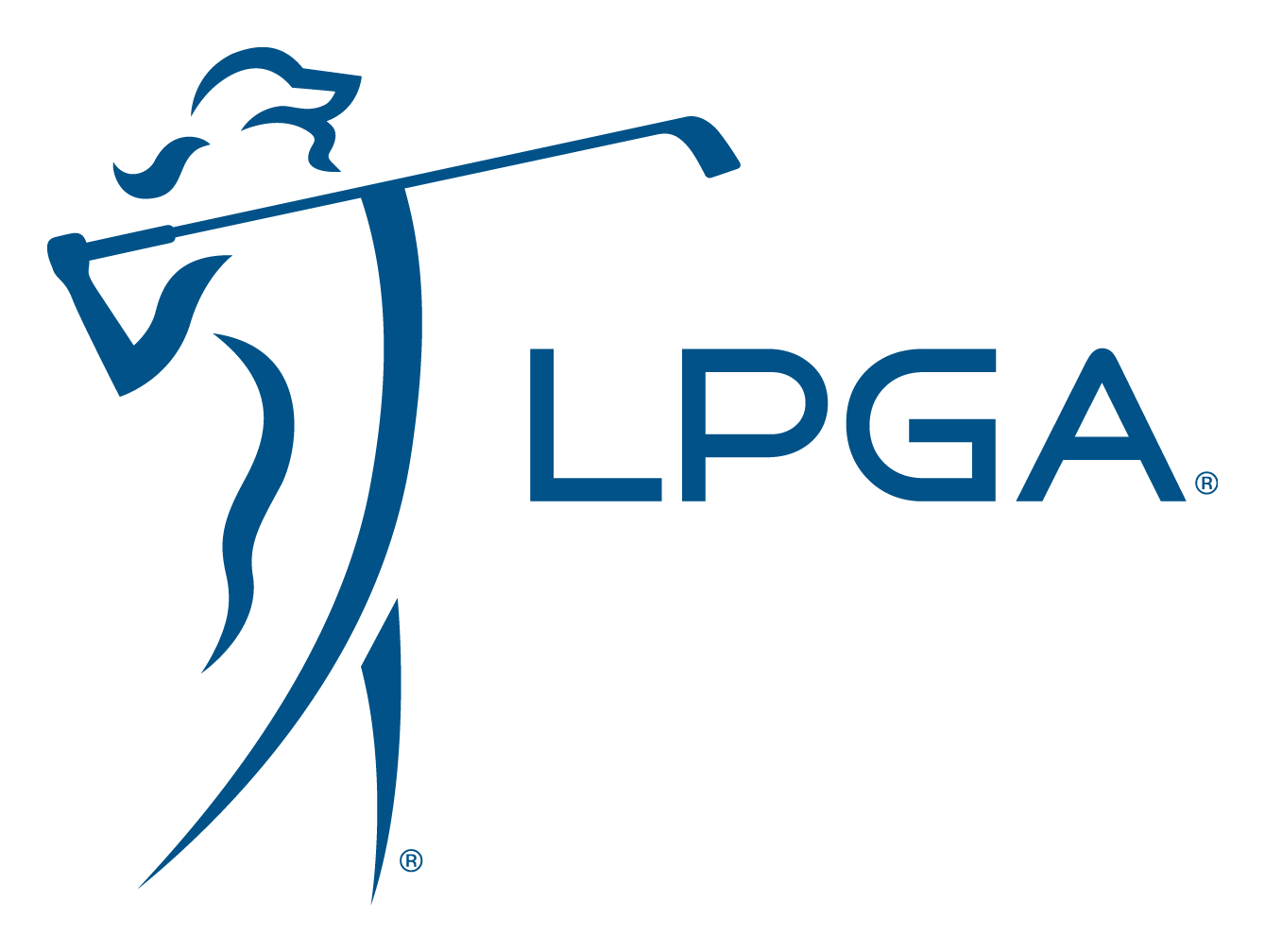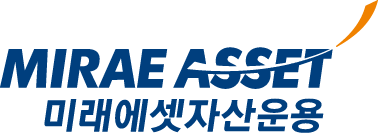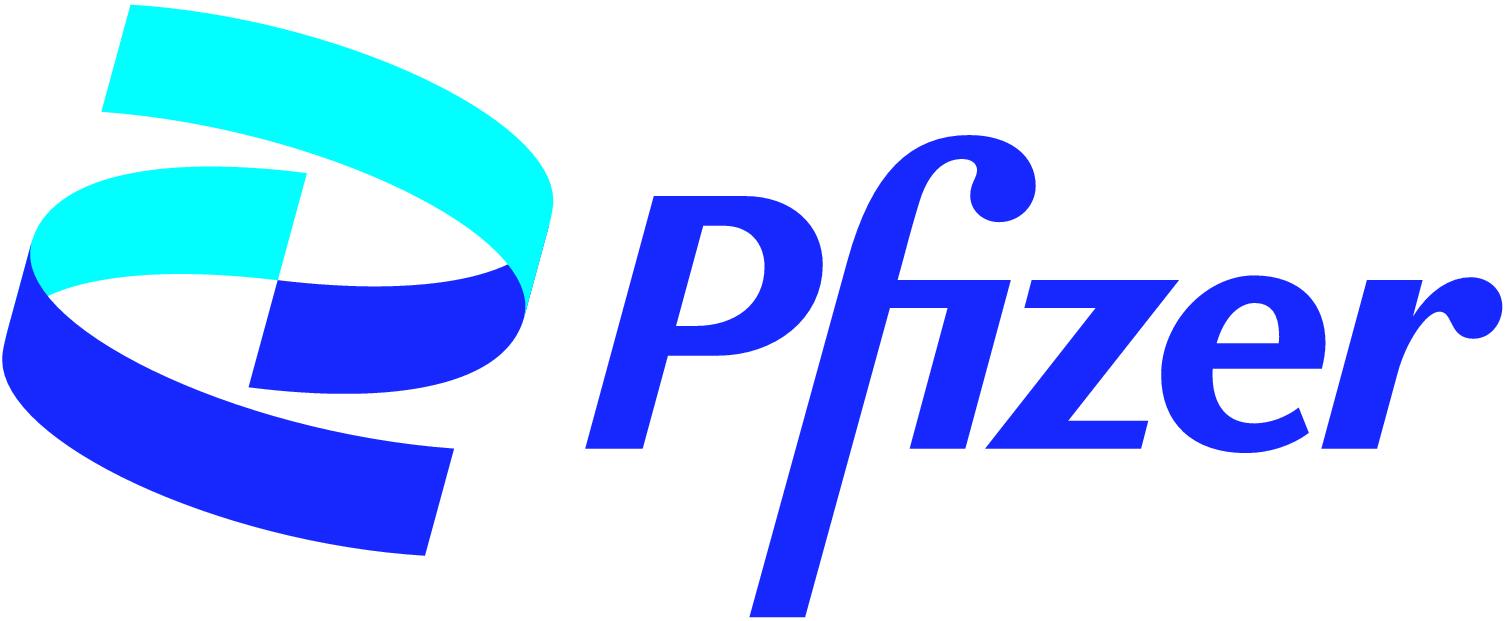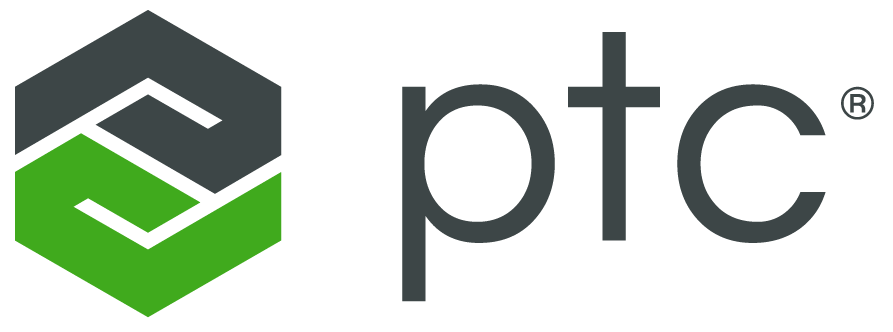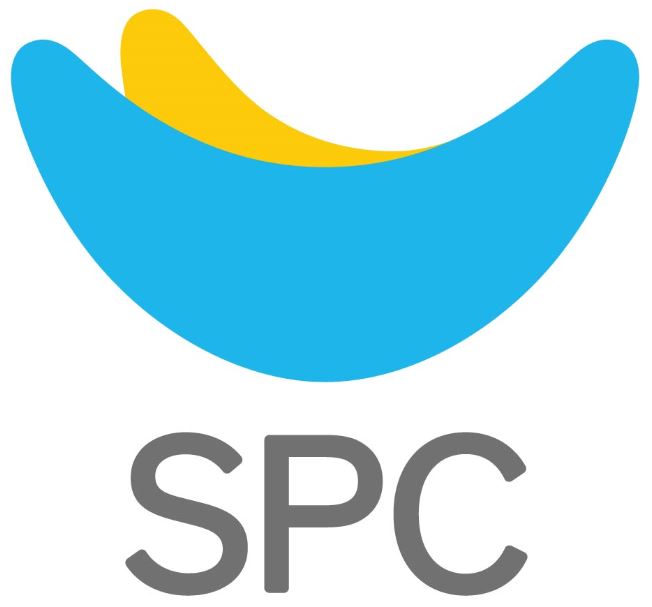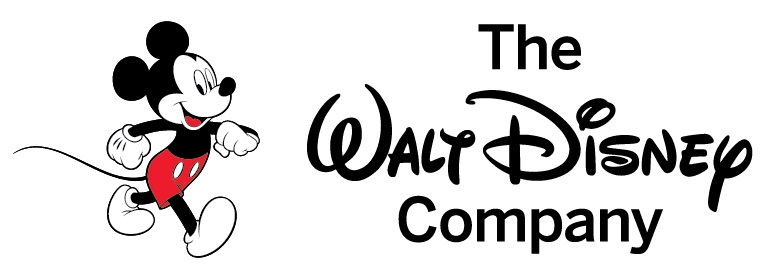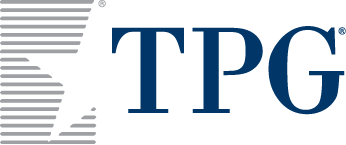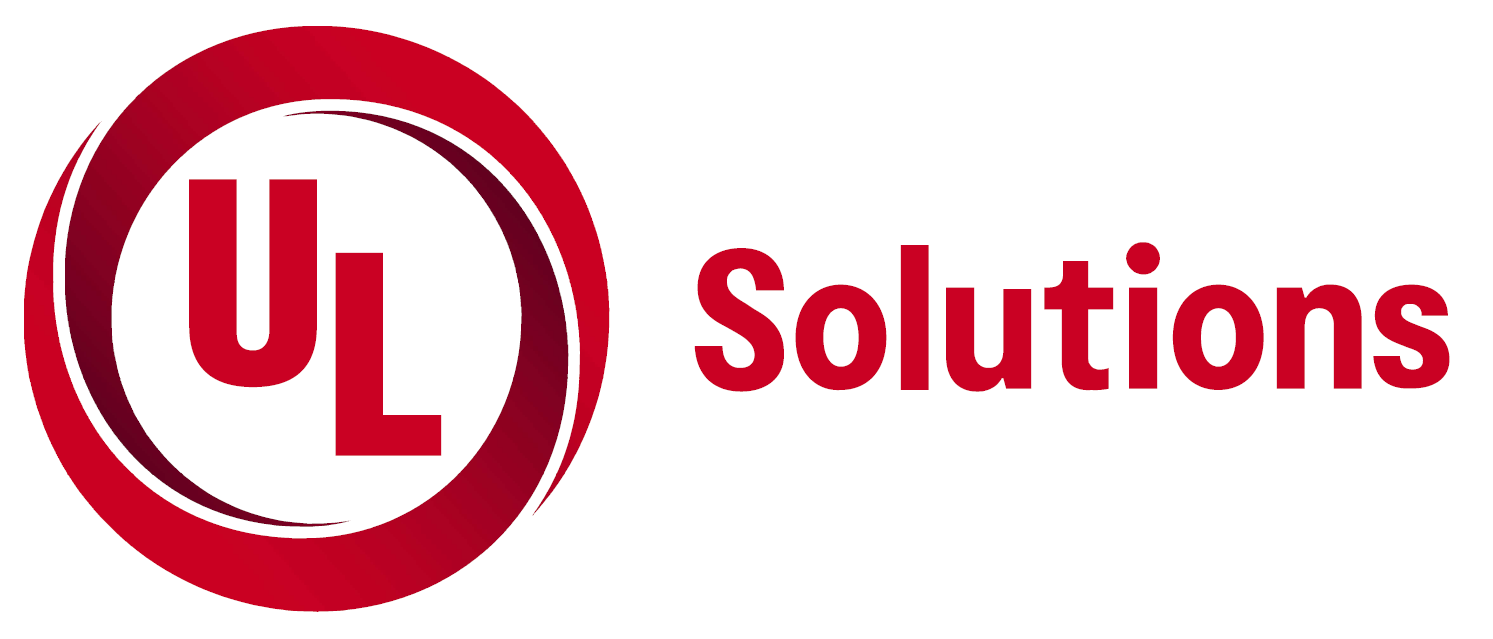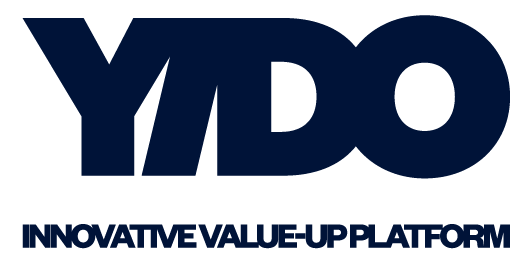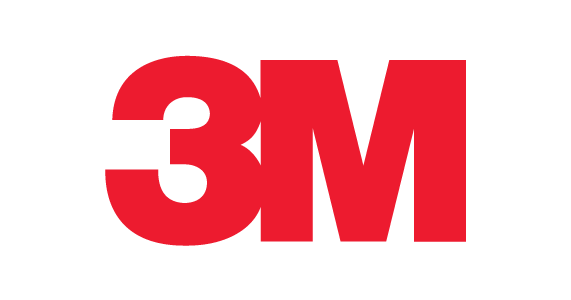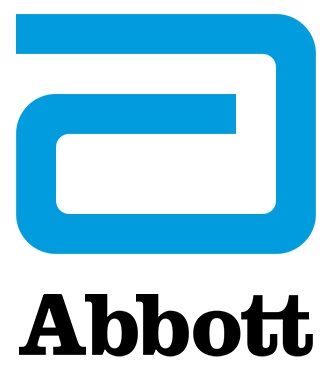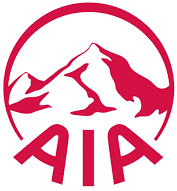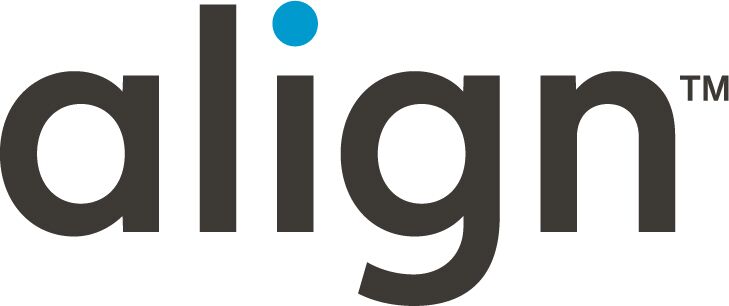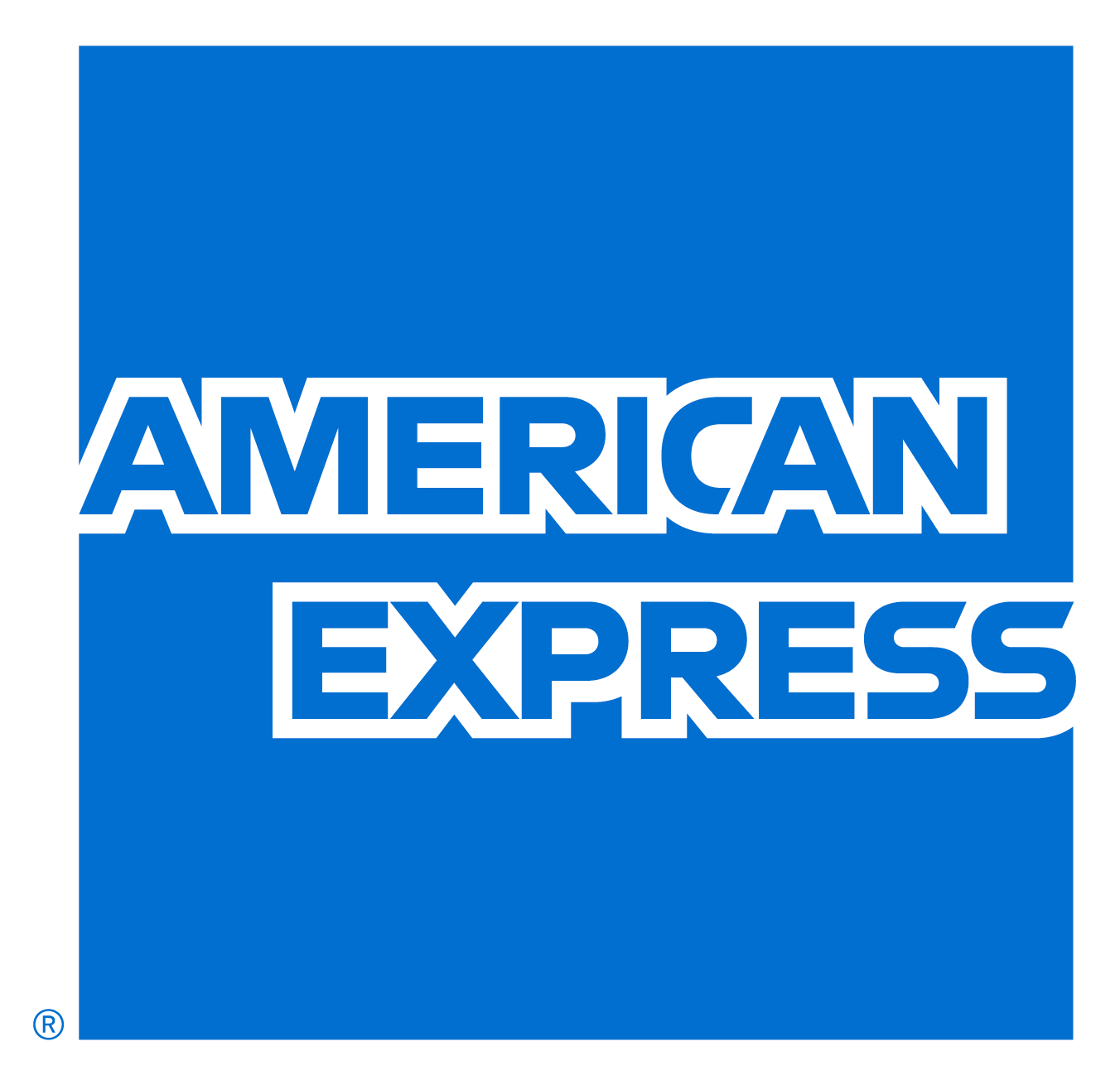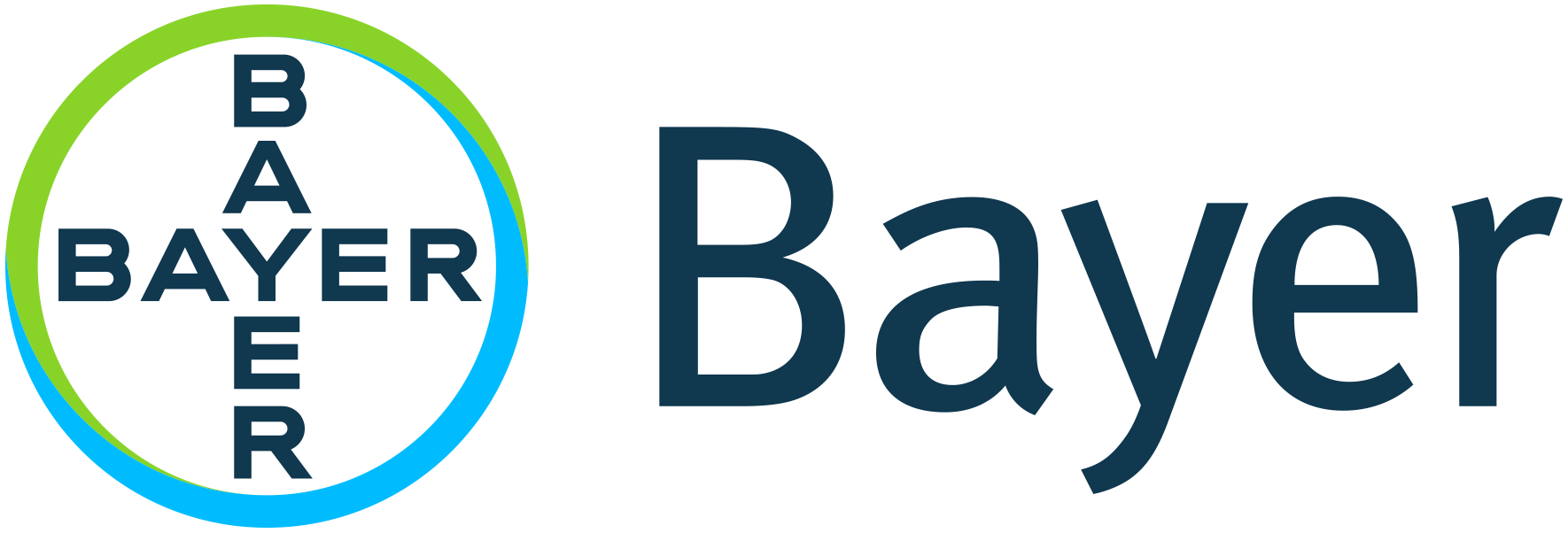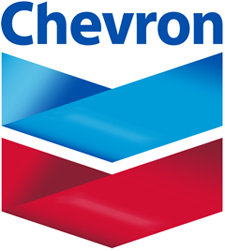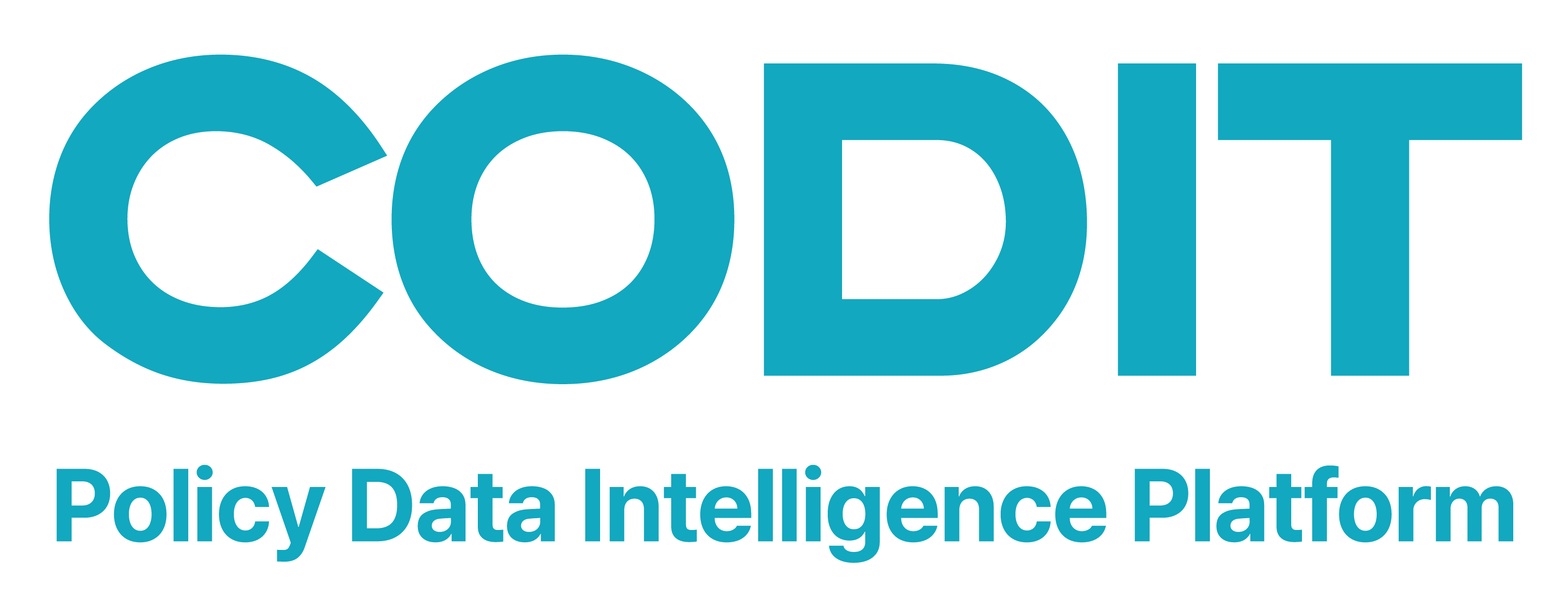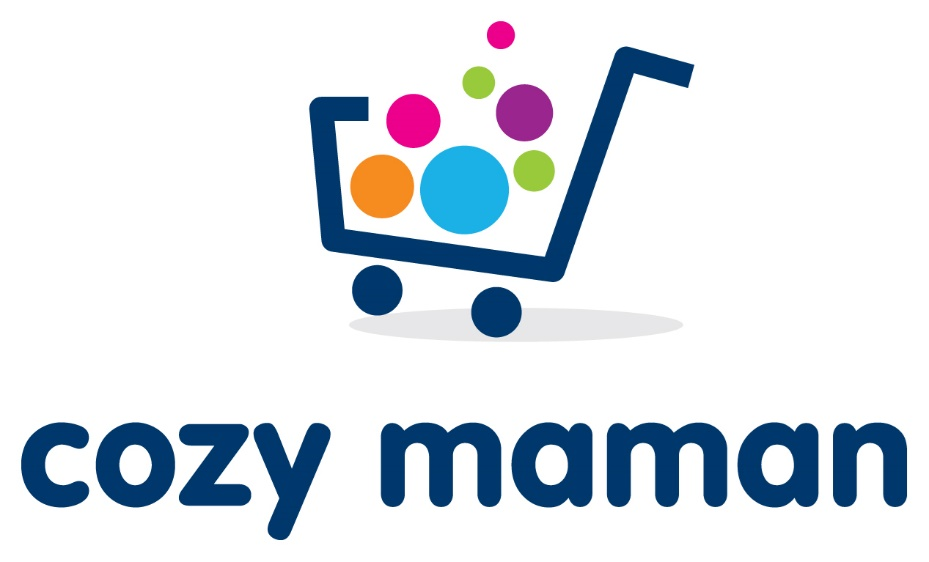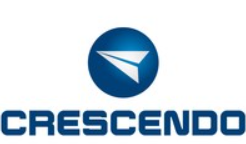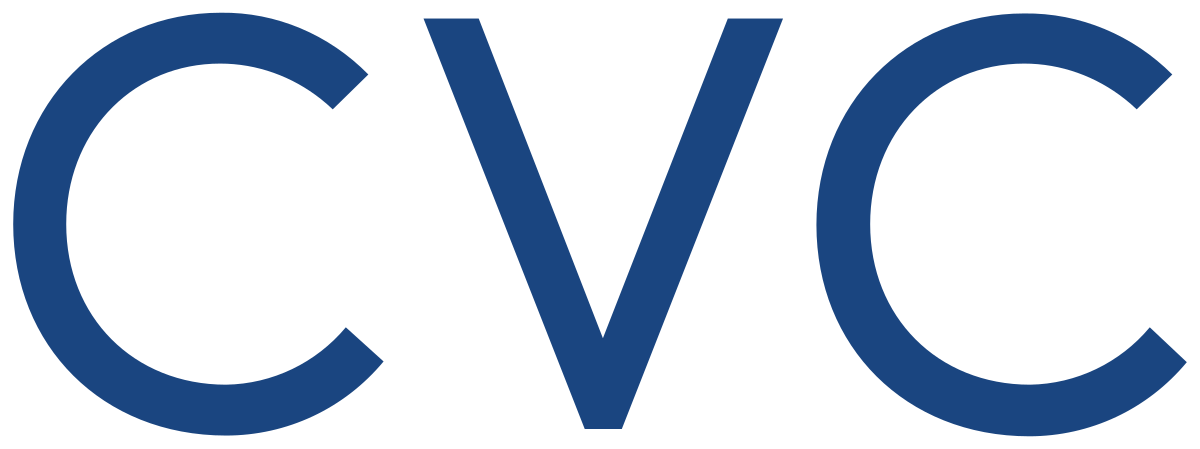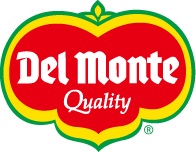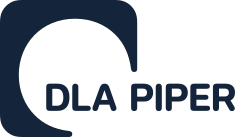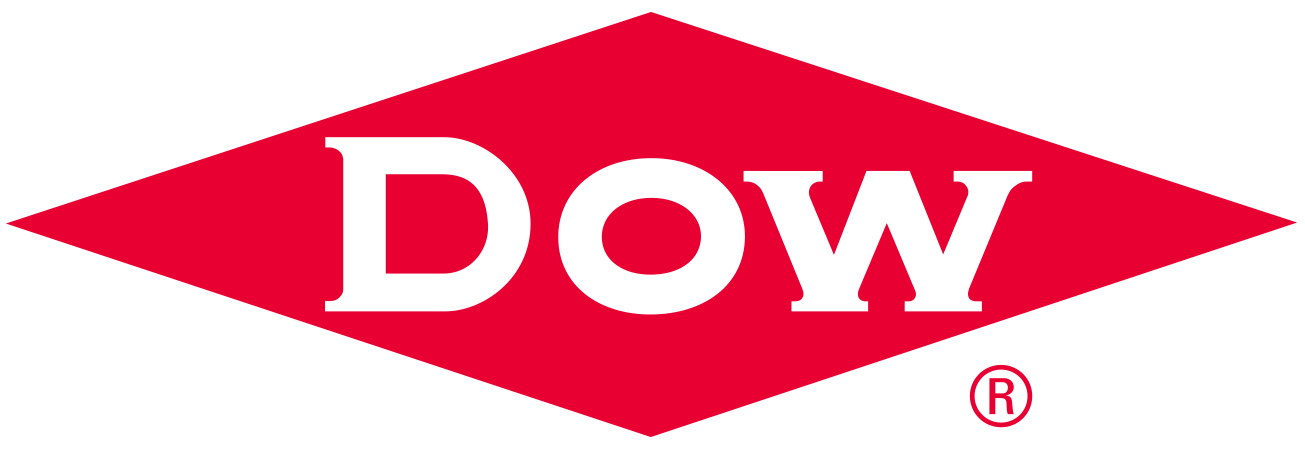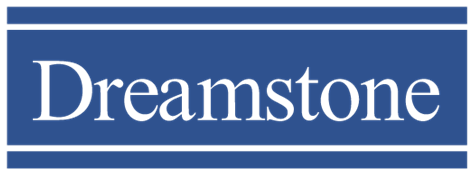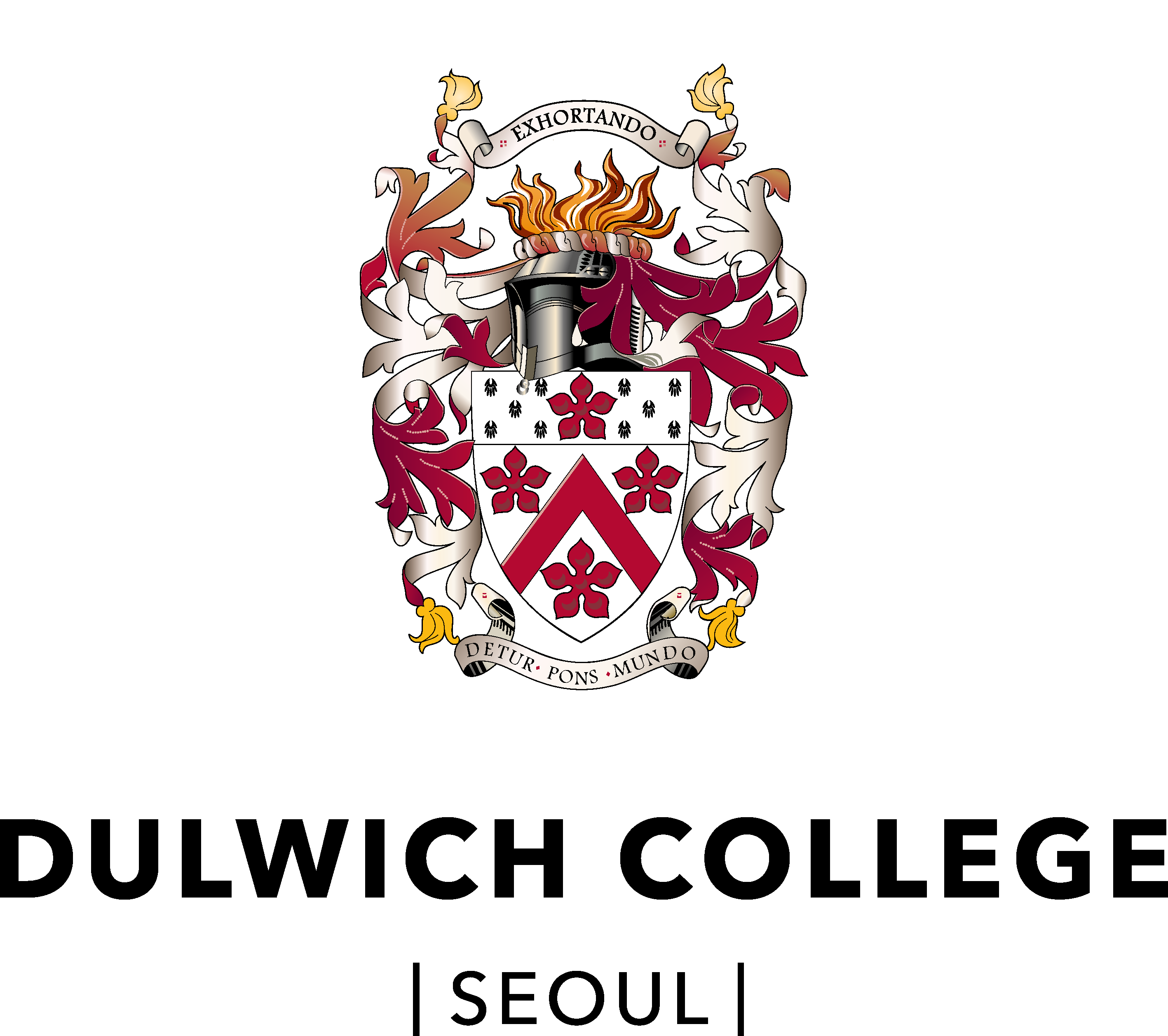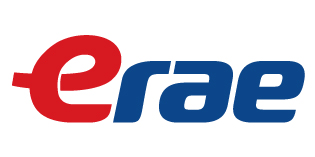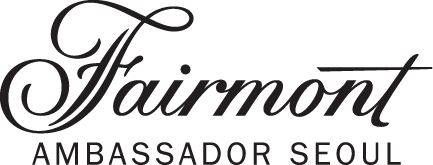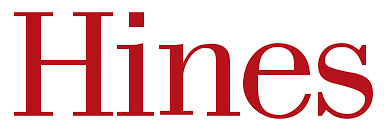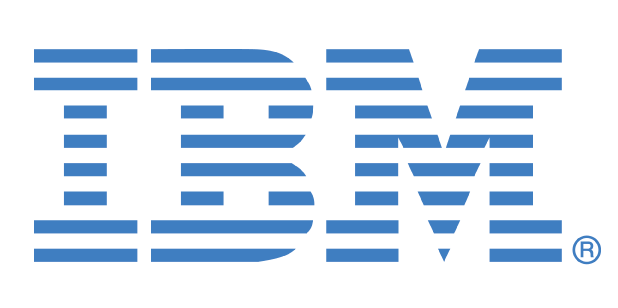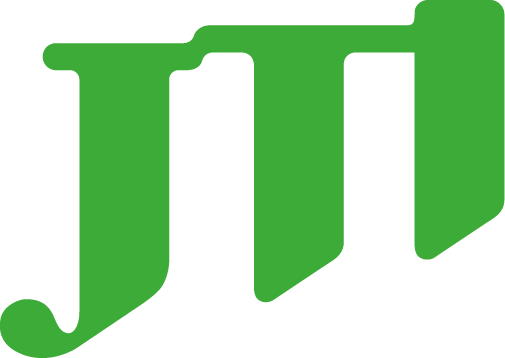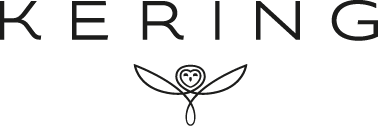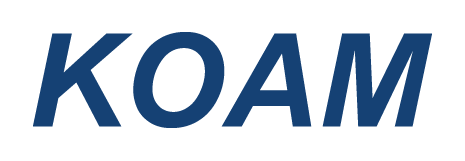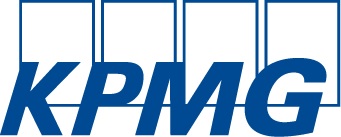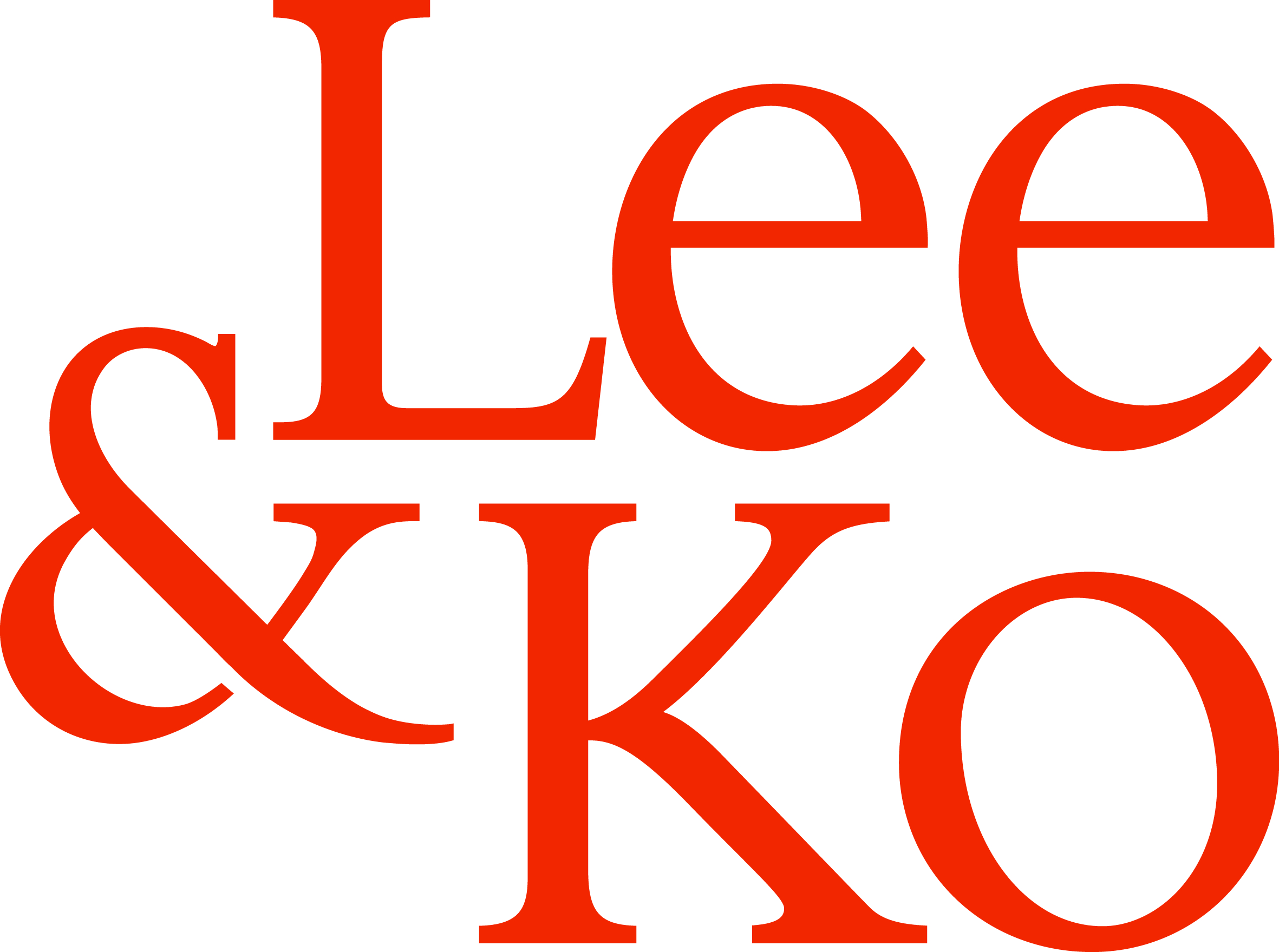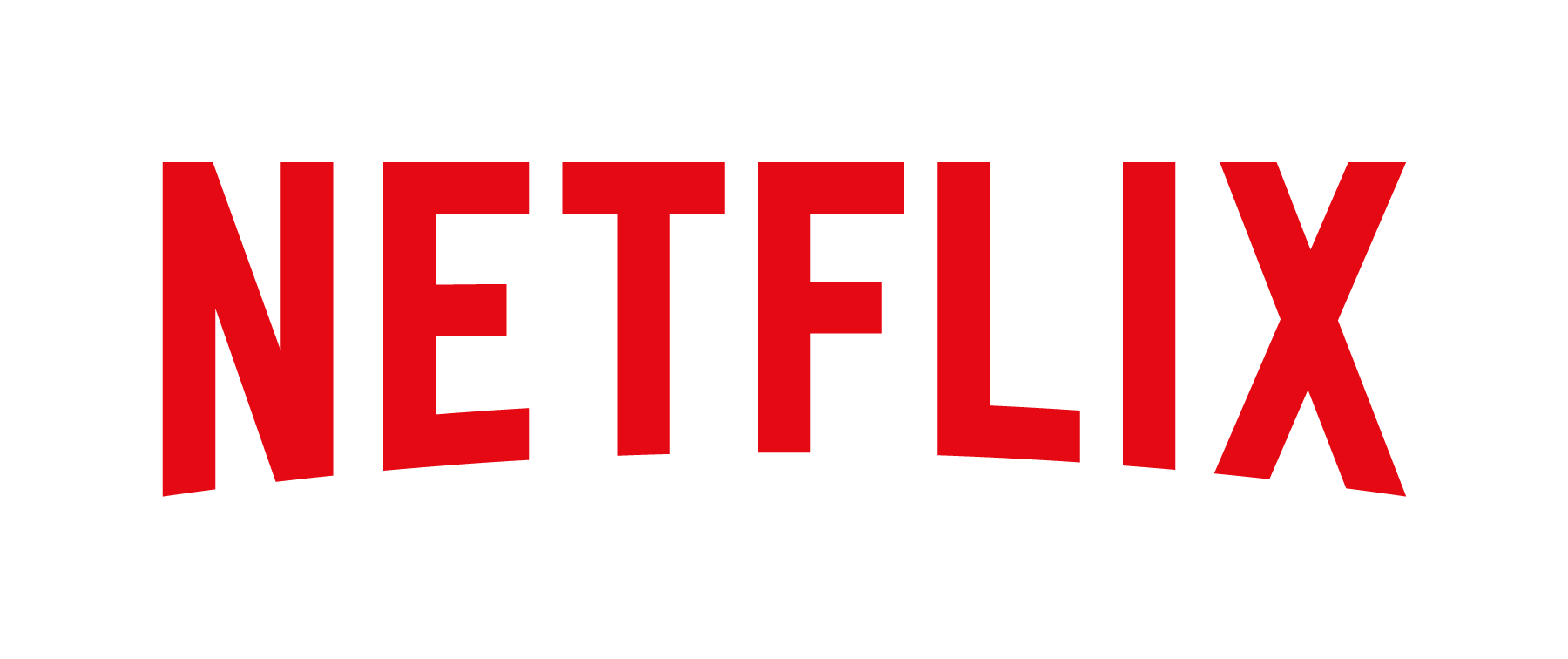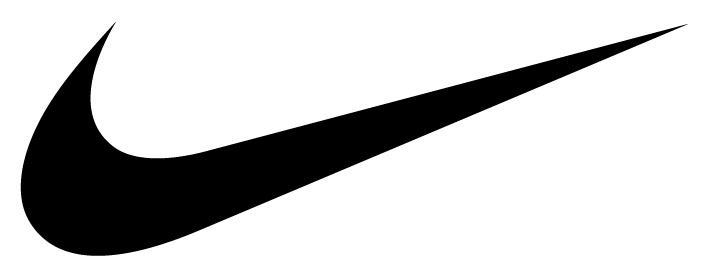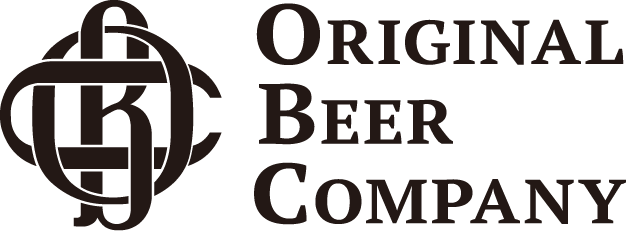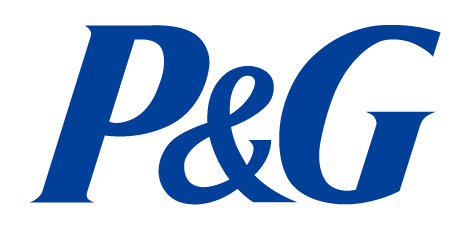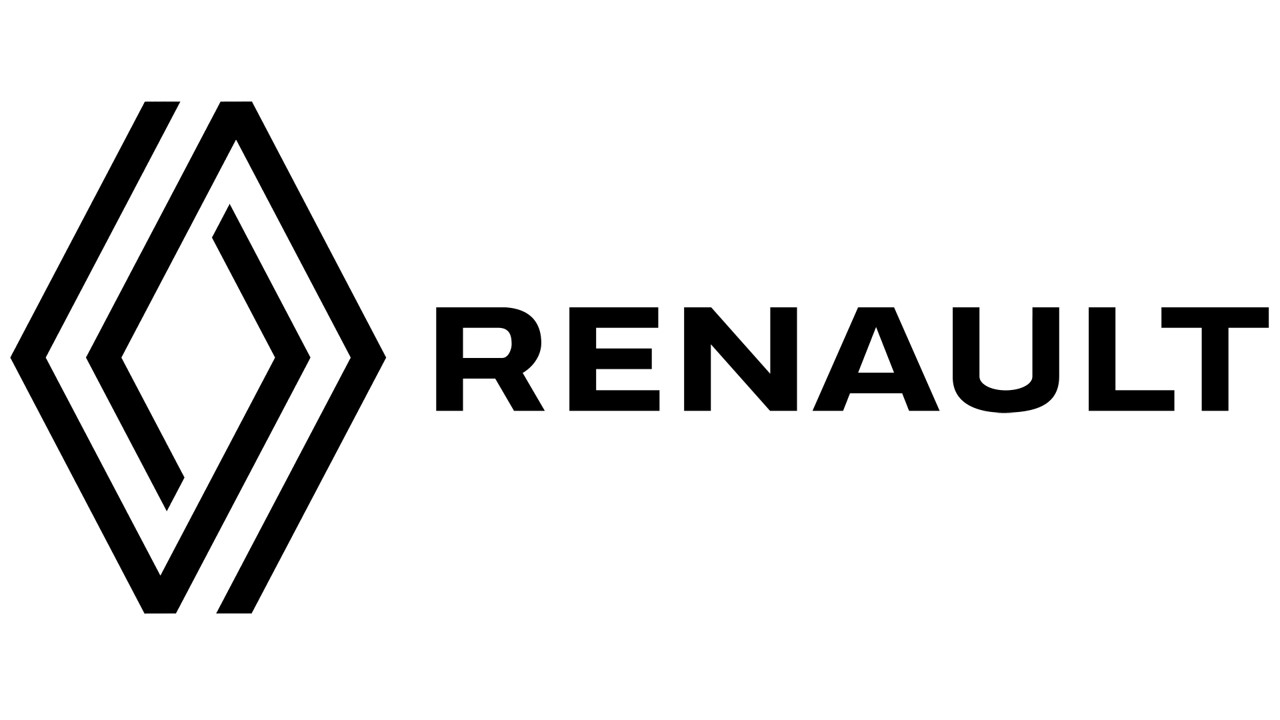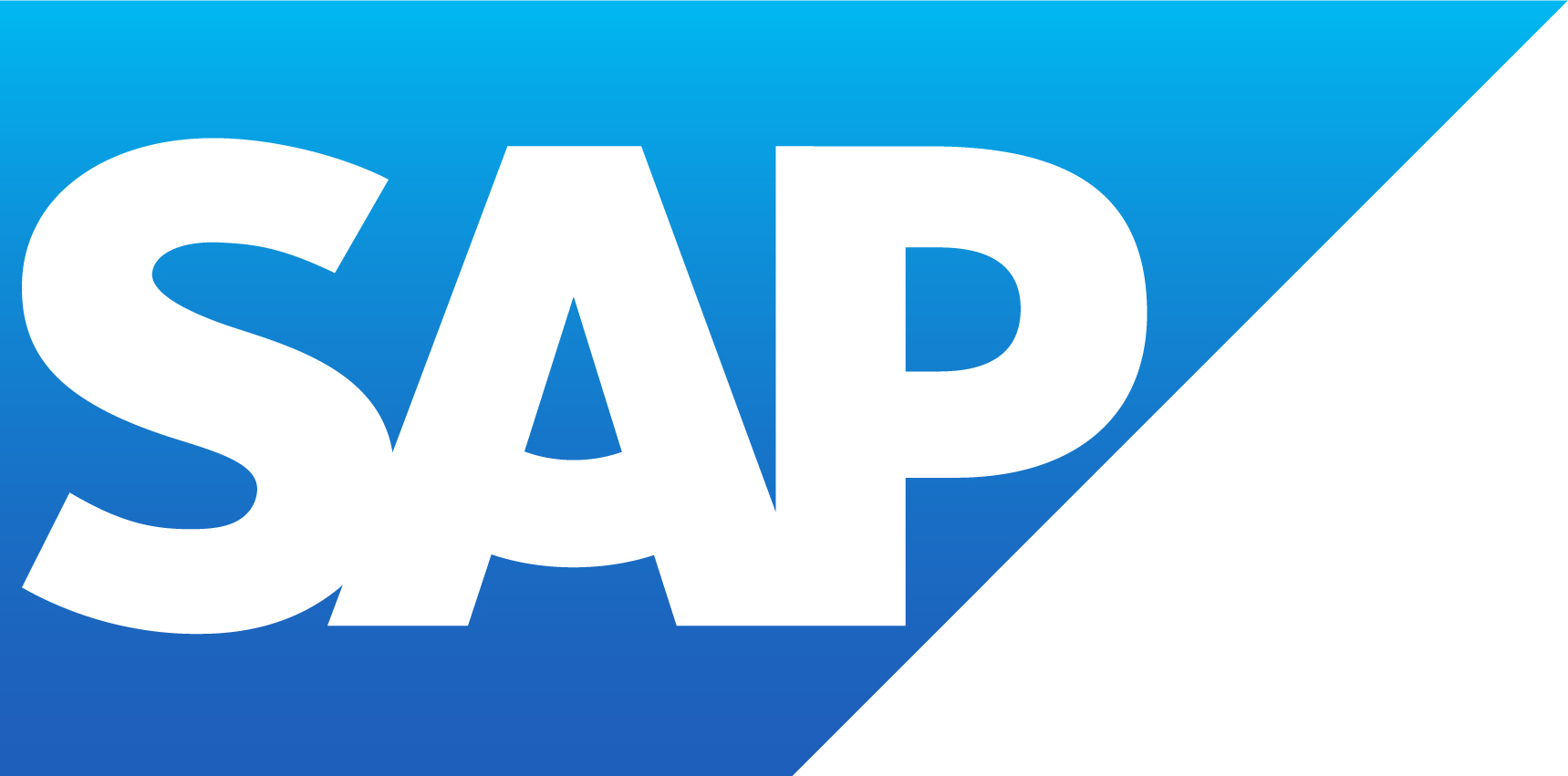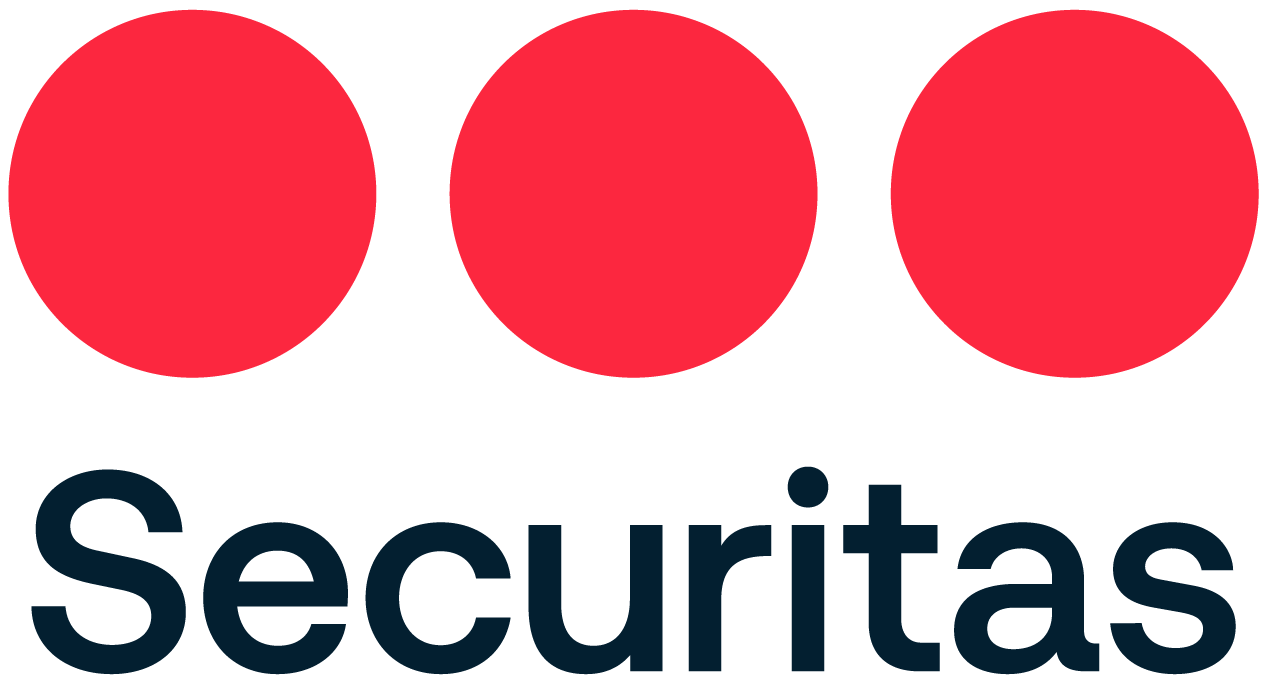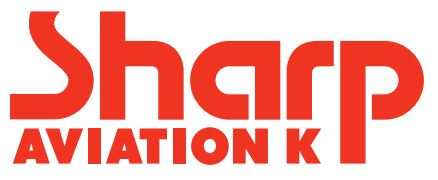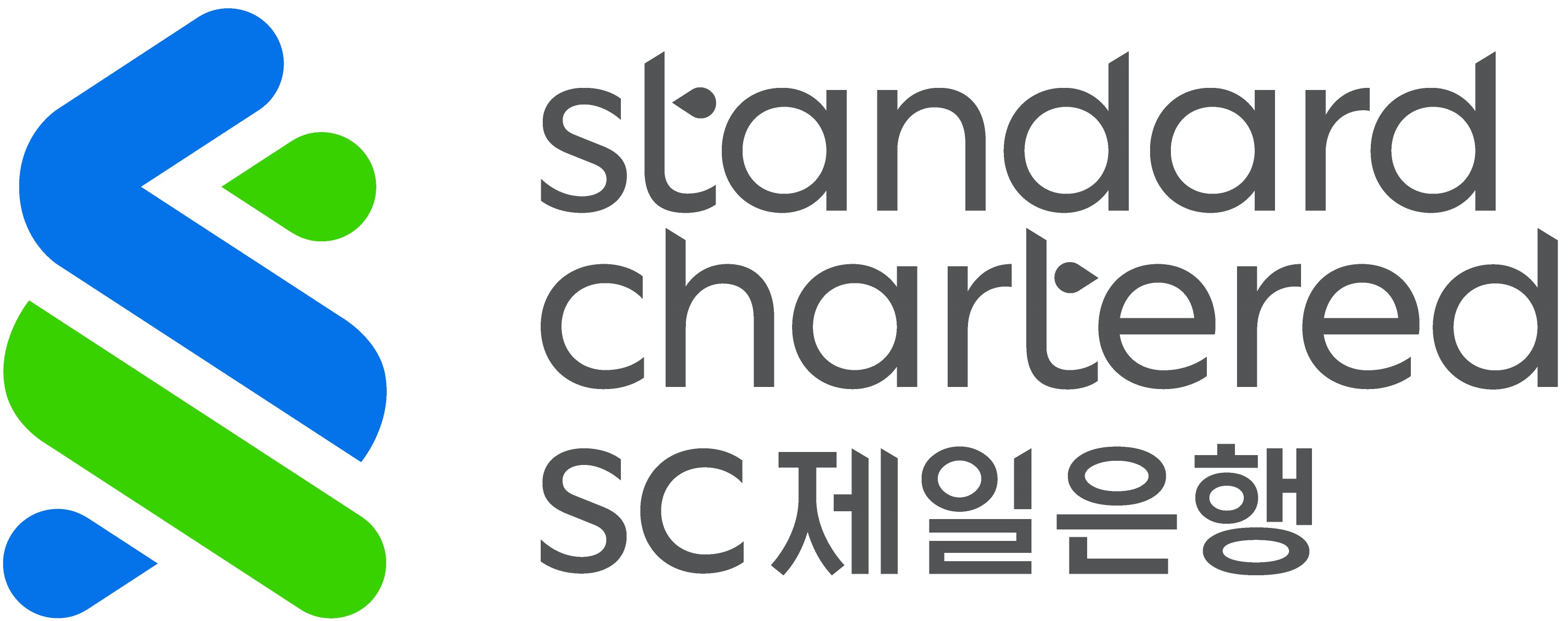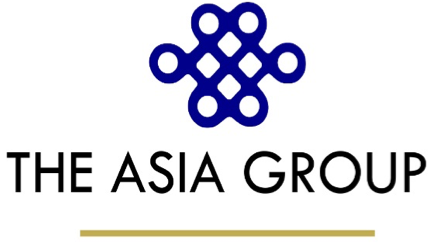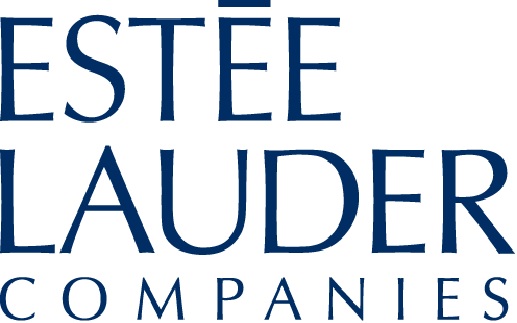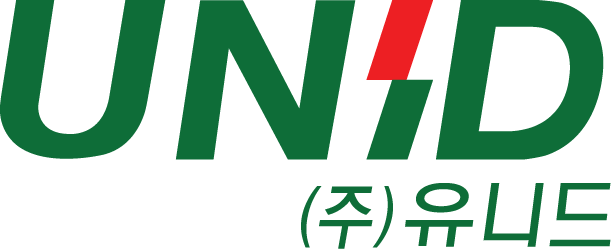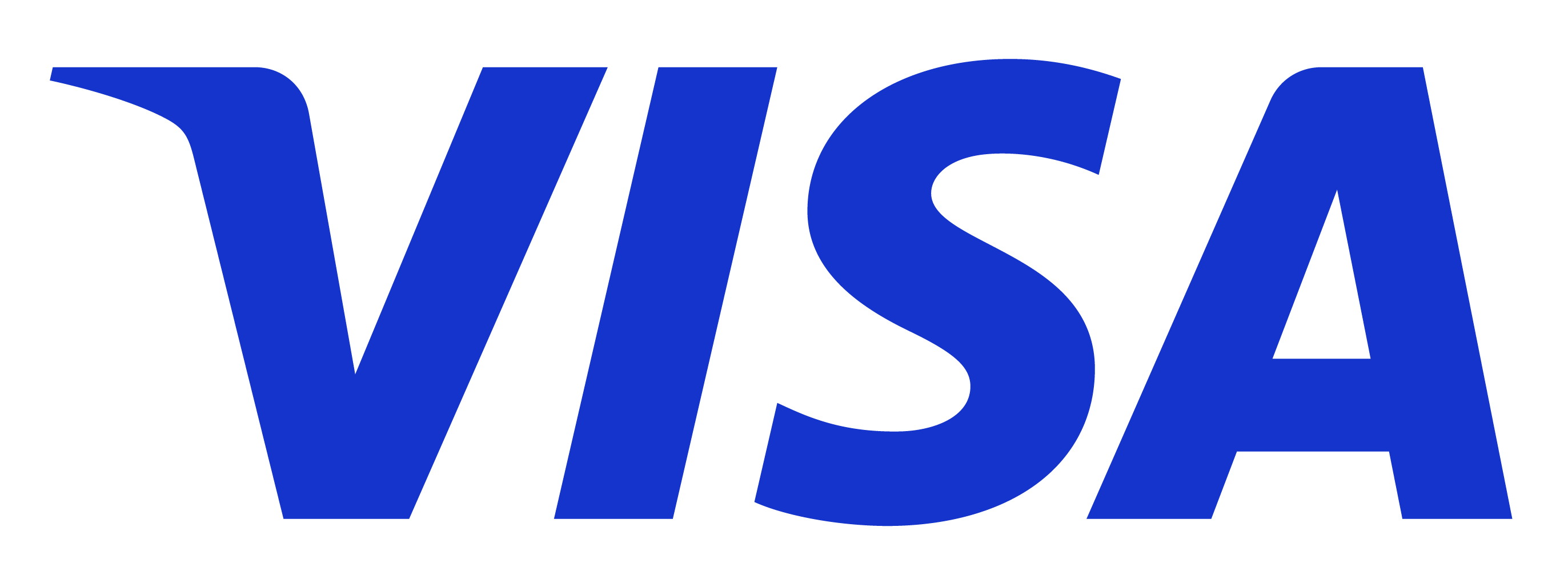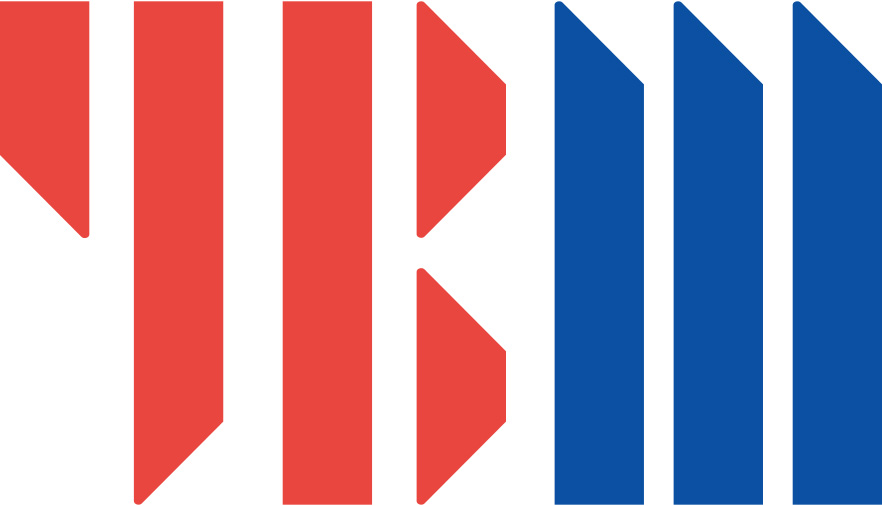Trade,
Trust, and Transition: AMCHAM Chair on strengthening U.S.-S. Korea alliance
WITHIN
THE FRAME, Arirang TV – Welcome to Within The Frame, where we bring the most
pressing issues across the globe into focus. I'm Kim Mok-yeon. With President
Trump now in his second term, "America First" is once again driving
U.S. trade policy—placing South Korea back on the frontlines of high-stakes
economic negotiations.
From tariffs and energy
cooperation to regional headquarters strategies and regulatory reform, the
U.S.-Korea alliance is being reshaped in real time. Adding to the urgency,
Korea's new administration takes office on June 4th—just as bilateral talks
with Washington enter a critical phase.
With rising
uncertainty—but also new opportunities—how can the two allies build a stronger,
future-focused partnership? Tonight on Within The Frame, we sit down with James
Kim, Chairman and CEO of the American Chamber of Commerce Korea, for an
exclusive look at what lies ahead for the U.S.-Korea economic and security
alliance.
Welcome to the program,
Mr. Kim. 1. Let's begin with the broader picture. Ever since its inauguration,
the Trump administration has been placing renewed focus on "America
First" policies. Due to this, tariff negotiations between the U.S. and South
Korea have gained momentum. How would you assess the overall state of
U.S.-Korea economic cooperation at this time?
2. Building on that
point, in a past interview, you emphasized the proactive role that Korean
business leaders must play in trade negotiations with the U.S. In your view,
how can Seoul's business leaders effectively function as a "private
diplomatic channel" amid trade tensions with the U.S.?
3. Of course,
government strategy is just as critical. In negotiations with the Trump 2.0
administration, what should be the top priority in foreign and trade policy
preparations for the incoming Korean administration?
4. Looking at a
specific area of cooperation, at a recent forum, you highlighted the expansion
of the LNG partnership as a key pillar of U.S.-Korea cooperation. Could you
elaborate for our viewers, why LNG is of such strategic importance at this
time?
5. As for the private
sector—like chambers of commerce, what kind of role should they play to promote
balanced trade and economic cooperation between the two countries? What
specific efforts is AMCHAM currently pursuing in this regard?
6. Speaking of such
efforts, AMCHAM has been continuing strategic dialogue with the Korean
government, including last year's release of the "Korea as an APAC
Regional HQ Report," to support Korea's bid to become a regional business
hub. What do you think are South Korea's strengths and competitiveness to be a
global business hub?
7. When it comes to
seizing new opportunities, you've noted that the trend of global companies
moving out of China—spurred by U.S.-China tensions—could become an opportunity
for Korea. What regulatory obstacles must be urgently addressed to capitalize
on this shift? What policy support is needed?
8. Looking ahead to
policy implementation, you recently met with key presidential candidates,
including Kim Moon-soo and Lee Jun-seok, who all emphasized a strong will to
pursue regulatory innovation to boost investment in Korea. Although past
administrations also pushed various pro-business reforms, many failed to
produce tangible results. What were the underlying reasons for this, and what
should the next administration do differently?
9. With the new Korean
administration launching on June 4, it will need to lead trade negotiations
with Trump's second-term administration and attract global investment. In your
view, where should U.S.-Korea economic cooperation head next? And what roles
and goals does AMCHAM envision for itself in strengthening this partnership
going forward?
10. Finally, as we wrap
up—beyond trade deals and investment flows, public diplomacy also plays a vital
role in shaping long-term bilateral ties. Arirang TV, as an international
broadcaster, contributes to Korea's global image and outreach. In your view,
what role can media outlets like Arirang TV play in strengthening
Seoul-Washington economic diplomacy during President Trump's second term?
Source: https://www.arirang.com/news/view?id=283901&lang=en




